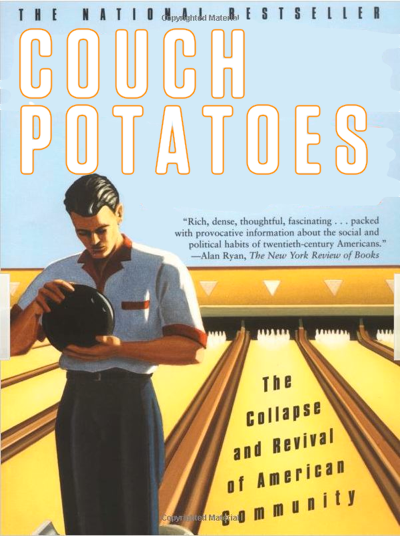Hey look! I co-edited a book! It’s pretty good, if I do say so myself. Cosma Shalizi’s contribution is the best. Overall, I think the volume is nice for the way the various pieces talk to each other well, while also addressing their subject, Franco Moretti’s book. Plus: free online, Creative Commons, that good stuff!
To celebrate, I’m going to be posting follow-up stuff about Moretti-type stuff in the days to come. Also, I’ll try to pull together some thoughts about academic publishing and open publishing. This book is a (rather slow-ripening) fruit of the Valve book events of yore. Been meaning to get back to that sort of thing, but life keeps getting in the way in other shapes and forms. (Plus I have some sort of cold at the moment. Terribly sore throat.)
In his contribution to the volume, Cosma discusses, briefly, Stanley Lieberson’s A Matter of Taste: How Names, Fashions, and Culture Change [amazon], which I’m only now getting around to reading. So here’s a question for you. A passage from Fernand Braudel that Lieberson quotes:
One cannot really talk of fashion becoming all-powerful before about 1700. At that time the word gained a new lease of life and spread everywhere with its new meaning: keeping up with the times. From then on fashion in the modern sense began to influence everything: the pace of change had never been as swift in earlier times.
In fact, the further back in time one goes, even in Europe, one is more likely to find the still waters of ancient situations like those we have described in India, China and Islam. The general rule was changelessness. Until towards the beginning of the twelfth century costumes in Europe remained entirely as they had been in Roman times: long tunics falling straight to the feet for women and to the knees for men. For century upon century, costume had remained unchanged. Any innovation, such as the lengthening of men’s clothes in the twelfth century was strongly criticized …
The really big change came in about 1350 with the sudden shortening of men’s costume, which was viewed as scandalous by the old, the prudent and the defenders of tradition …
In a way, one could say that fashion began here. For after this, ways of dressing became subject to change in Europe.
Do you think this is true?
My immediate reaction is to hypothesize that the basic dynamics of fashion have to go back a lot further. Once you get certain sorts of social divisions and status competition – which you surely will in any wealthy urban environment – you are almost inevitably going to get some sort of one-upsmanship churn, along some axis, deserving the name ‘fashion’. I immediately start half-recollecting bits from Aristophanes and Plato that suggest ancient Athenians were sensitive to changes in dress fashions. But I don’t really know. What do you think? (Better yet: what do you know?) When did fashion begin?
